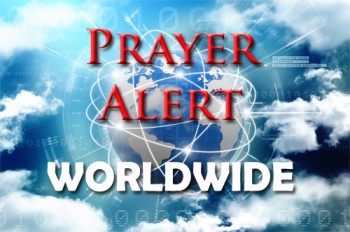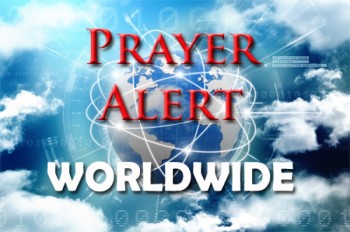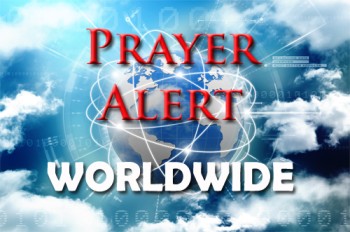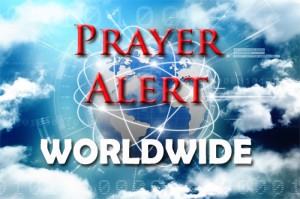Displaying items by tag: Namibia
Namibia: first-ever woman president elected
Netumbo Nandi-Ndaitwah, 72, has been elected Namibia's president, becoming the country’s first female leader. She secured 57% of the vote, avoiding a predicted run-off. Declaring her win as a mandate for ‘peace and stability’, Nandi-Ndaitwah continues her SWAPO party's 34-year dominance since the country's independence. However, opposition parties have disputed the results, citing technical issues such as ballot shortages and extensions of voting periods. Long queues left some voters waiting up to twelve hours, and critics claim that these problems violated election laws. The main opposition candidate, Panduleni Itula, who trailed with 25.5%, described the election as ‘neither free nor fair’. Nandi-Ndaitwah's political journey began in the 1970s independence movement, followed by a 1990 parliamentary debut and several ministerial roles. Despite SWAPO’s legacy, growing youth discontent highlights challenges ahead as Namibia grapples with unemployment and inequality.
WHO gives Namibia recognition for almost eliminating HIV
The World Health Organisation (WHO) has announced that Namibia has become the first African nation, and the first high-burden country worldwide, to nearly eliminate mother-to-child transmission of HIV and hepatitis B. This achievement is especially notable because Namibia hosts over 200,000 people living with HIV, with the disease disproportionately affecting women. Despite these challenges, the country has achieved nearly universal HIV testing for pregnant women and a robust treatment system, which have reduced transmission by 70% in twenty years. In 2022, only 4% of newborns from HIV-positive mothers contracted the virus, while nearly 80% received a timely hepatitis B vaccine. The WHO has awarded Namibia a ‘silver tier’ for its hepatitis B efforts and a ‘bronze tier’ for HIV reduction. These accomplishments underscore the critical impact of committed leadership and effective public health strategies.
Namibia: baby abandonment
In 2019, Namibia passed legislation saying that women who, out of desperation, took the drastic step of abandoning their child, would no longer be prosecuted. Abandoned babies were dying. Safe places where an infant could be left were established, but there is still not enough awareness of the legal changes. Linda left her baby in a baby-saver box - a drawer built into a wall of a compound in Swakopmund that has a mattress and a blanket inside. There is also a letter. ‘Dearest mommy, please know that we do not judge you,’ reads the reassuring note. ‘We cannot begin to understand the circumstances that have brought you here.’ Linda knows her baby is safe. But despite the change in the law, babies continue to be abandoned in unsafe places. Between 2018 and 2022, 140 babies were abandoned - far more than those left in safe places.
Large-scale money laundering exposed
Iceland’s largest fishing company, Samherji, exploited legal loopholes and secrecy jurisdictions to enable corruption and environmental exploitation on a global scale. It used an anonymous shell company to launder and transfer 70 million dollars’ worth of illegal fishing activities off the coasts of West Africa, and bribed members of the Namibian government. Two Namibian ministers have already resigned over allegedly giving preferential access to fishing grounds. Samherji used shell companies in Dubai, Mauritius and Cyprus. Most of the money was traced to a bank account at a state-owned bank: the bank’s largest shareholder is the Norwegian state, which holds a 34% stake.
Namibia: prayer needs
25% of people in Namibia have HIV/AIDS, and 35% are unemployed. Life expectancy is plummeting. Political conflicts, colonialism and apartheid have left scars. Ethnic tensions and potential economic collapse threaten the fragile stability. Although 90% of the population is Christian, afro-spiritualism has crept into the church, leading to ungodly worship practices. However, a prayer movement is sweeping the nation and building community among Christians. The San, the Himba, and the peoples of the Kavango and Caprivi strips are the least evangelised in Namibia; missionaries need wisdom and discernment to develop specific approaches to reach them. Purity in worship and in the Church must be restored in the lives of Namibian Christians. The deeper their walk with God, the brighter the light of Christ will shine through them, attracting those who have not heard or do not yet believe.




